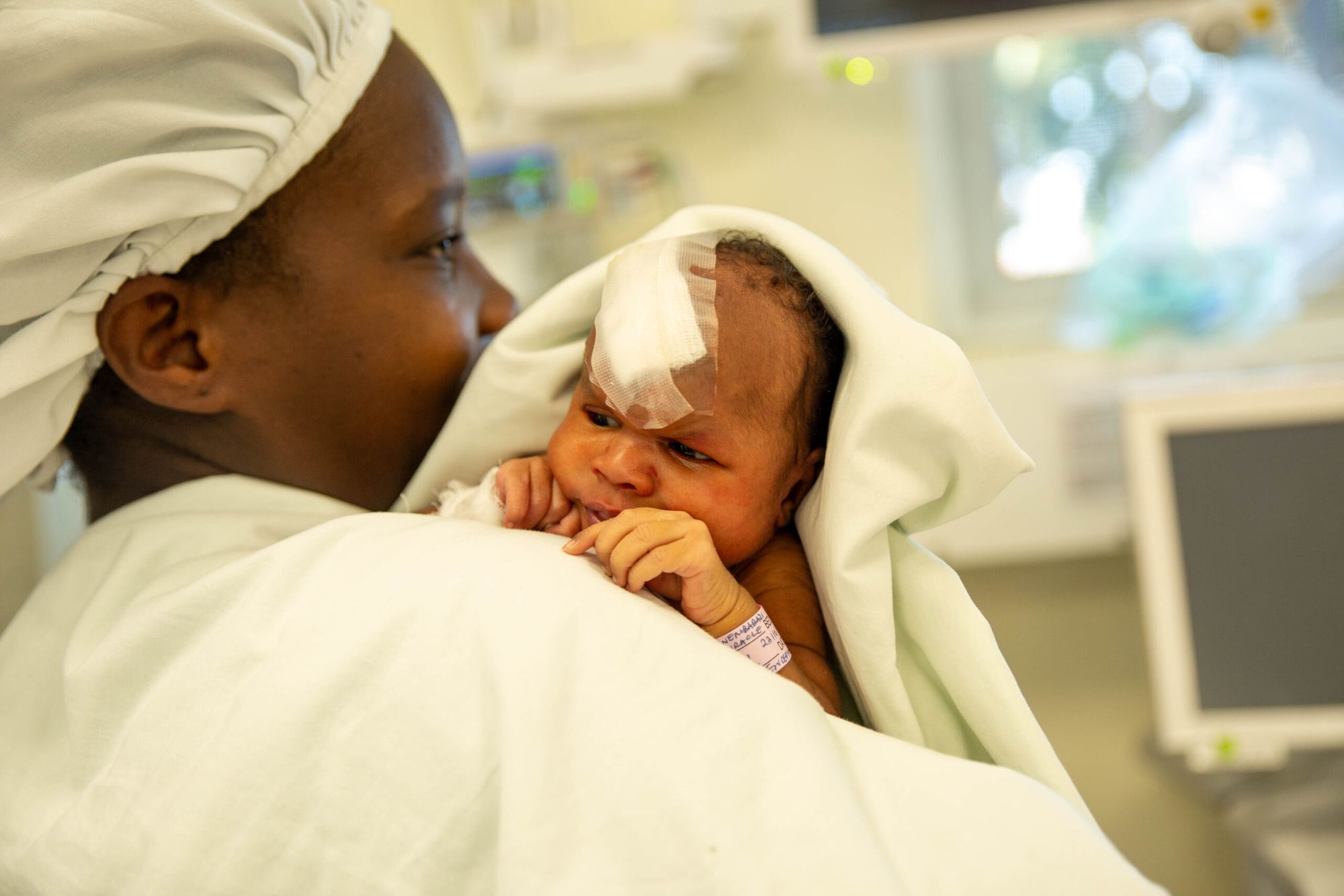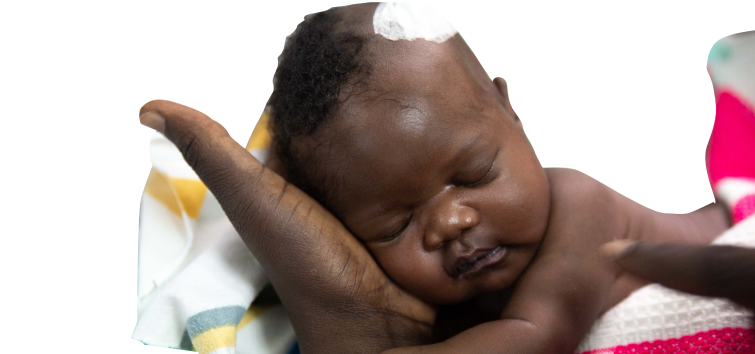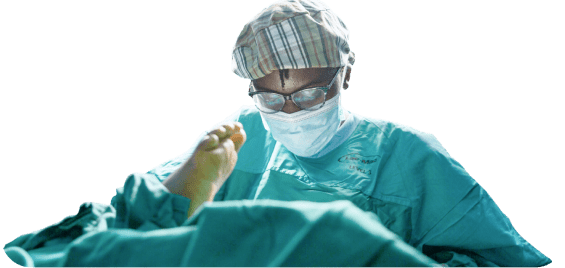Sheila and Stephen were overjoyed when they discovered they were expecting their first child. But when Sheila was twenty-four weeks pregnant, their excitement was muted by devastating news—an ultrasound revealed that their baby had a condition called frontal encephalocele. In this rare neural tube defect, part of the baby’s brain tissue protrudes through an opening in the skull. Doctors, convinced the baby would not survive, advised Sheila to terminate the pregnancy.
“I could not abort my child,” Sheila said firmly. “If she were to die, let her die naturally.”
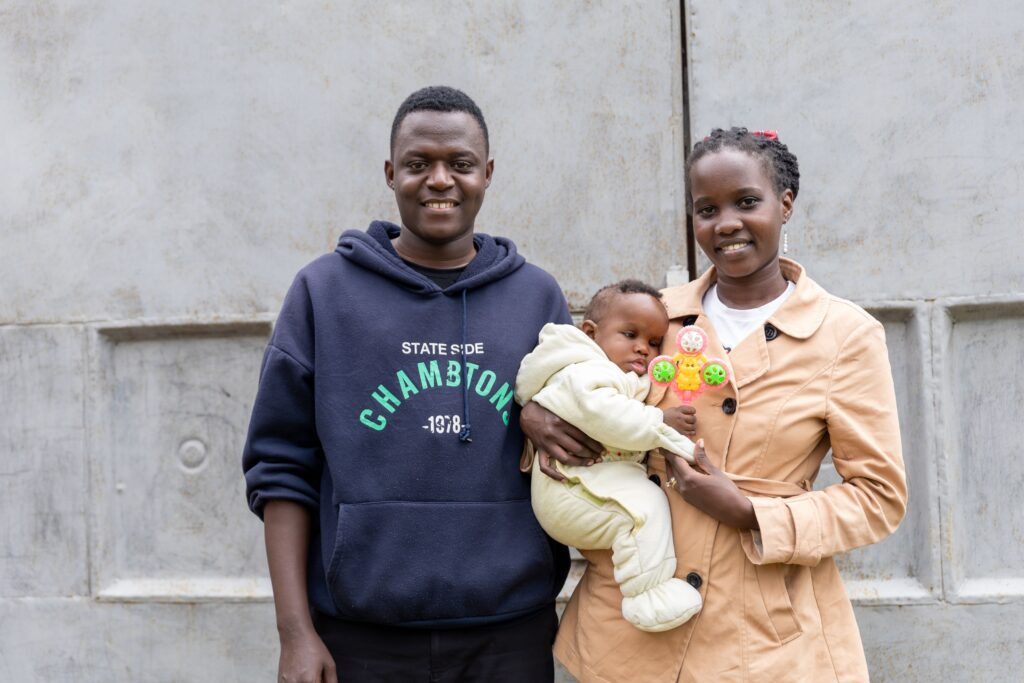
As a devoted Christian, Sheila held on to her faith, believing God had a plan for her unborn child. Despite medical predictions, she felt the baby’s movements consistently and took comfort in knowing that everything else—including her heartbeat—was normal. Sheila continued receiving antenatal care at the local hospital, though she encountered judgmental attitudes from some healthcare providers. One medical student bluntly told Stephen and Sheila, “These children, we abort them.” That day, Sheila’s heart turned away from that hospital, and she sought help elsewhere.
On the day of delivery, Sheila and Stephen prepared for the worst. Sheila was hesitant to even bring baby clothes with her. She feared her child might not even survive birth. Yet, on that remarkable day, their baby girl was born strong and crying—a sign of life and resilience that defied all odds!
Miracle, as they aptly named her, surprised everyone. Despite the large encephalocele covering part of her face, Miracle’s vital organs functioned perfectly. Unlike what doctors had predicted, she did not require oxygen support or intensive care.
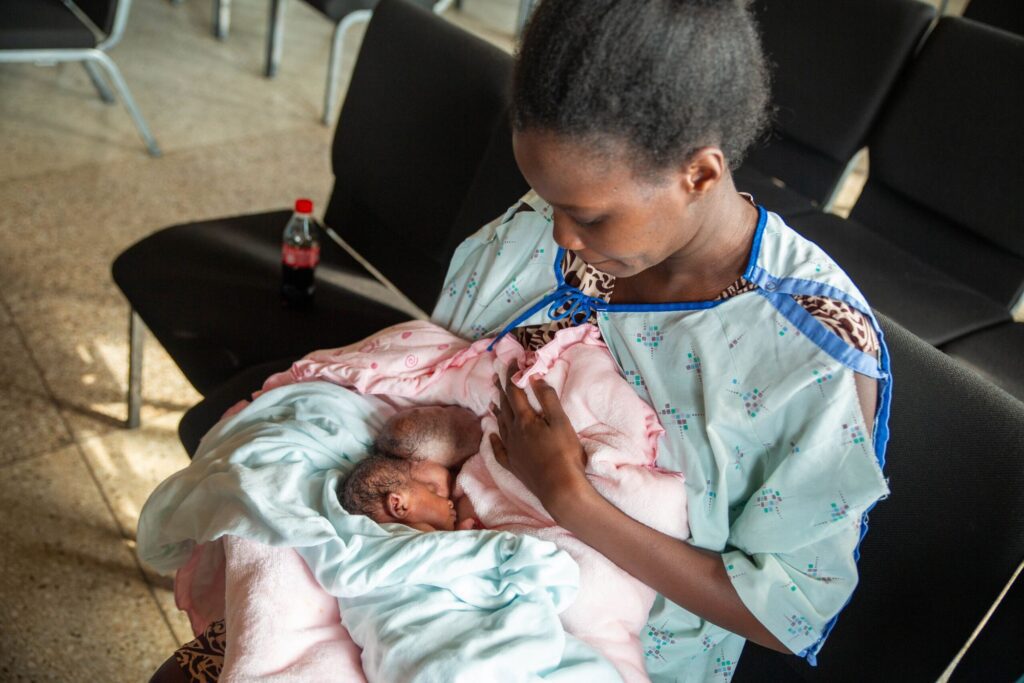
“We expected a small, weak baby, but she turned out to be huge and full of life,” Sheila recalled with a smile.
A friend from Sheila’s church, whose child had a neurological condition, informed her about CURE Children’s Hospital of Uganda (CURE Uganda). A pediatrician at another hospital also confirmed that CURE could offer the life-saving surgery Miracle desperately needed.
Without hesitation, this young family embarked on a night-long journey from their home to Mbale, where CURE is located, arriving at the hospital’s gates at dawn. The hospital welcomed them, offering medical expertise and spiritual encouragement in equal measure.
At CURE, doctors confirmed that bringing Miracle in early had been a crucial decision. Had they delayed, the condition could have worsened, making surgery more difficult and her chances of survival slimmer. The hospital’s commitment to treating children with conditions like Miracle’s without discrimination reassured the young parents that they were in the right place.
While some fathers might struggle to accept a child born with a visible condition, Stephen embraced Miracle wholeheartedly.
“Most fathers tend to deny their children the right to be loved, but Miracle is my first child. I knew I had to move with her, love her, and show her she was as valuable as any other child,” Stephen said.
Stephen also encouraged other parents not to be swayed by societal myths surrounding congenital conditions.
“These conditions are not witchcraft. They have medical explanations, and they can be treated. Parents should get knowledge from health workers instead of living in fear or shame,” Stephen shared.
Throughout their journey, faith remained the cornerstone of the family’s strength. Sheila and Stephen drew courage from their prayers and the spiritual support they received at CURE.
“The social workers prayed with us, giving us strength,” Stephen shared. “I prayed that the surgery would be successful and that the fluids wouldn’t return. God answered our prayers.”
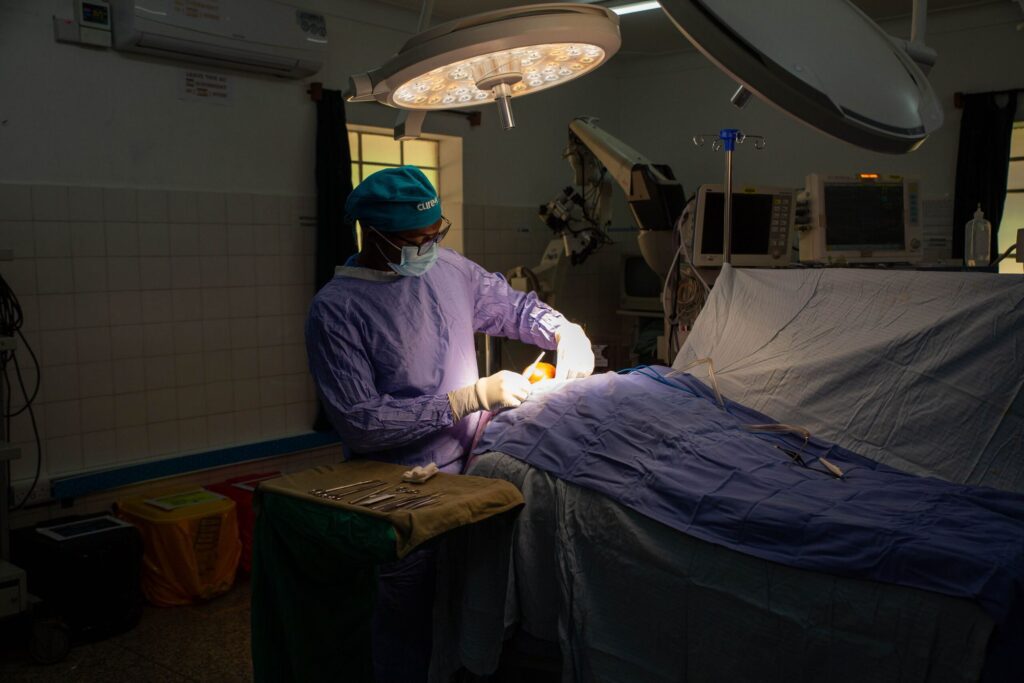
The surgery was a success. Today, Miracle continues to grow, her name a testament to her journey—one of faith, perseverance, and medical excellence.
Stephen and Sheila’s experience has made them passionate advocates for other parents facing similar diagnoses. They emphasize the importance of seeking early medical intervention, staying informed, and embracing children born with special conditions.
“To all mothers, take your medication seriously during pregnancy. And if you give birth to a child with a condition, love them,” Stephen advised. “They are children just like any other. They have dreams and deserve to be cared for.”
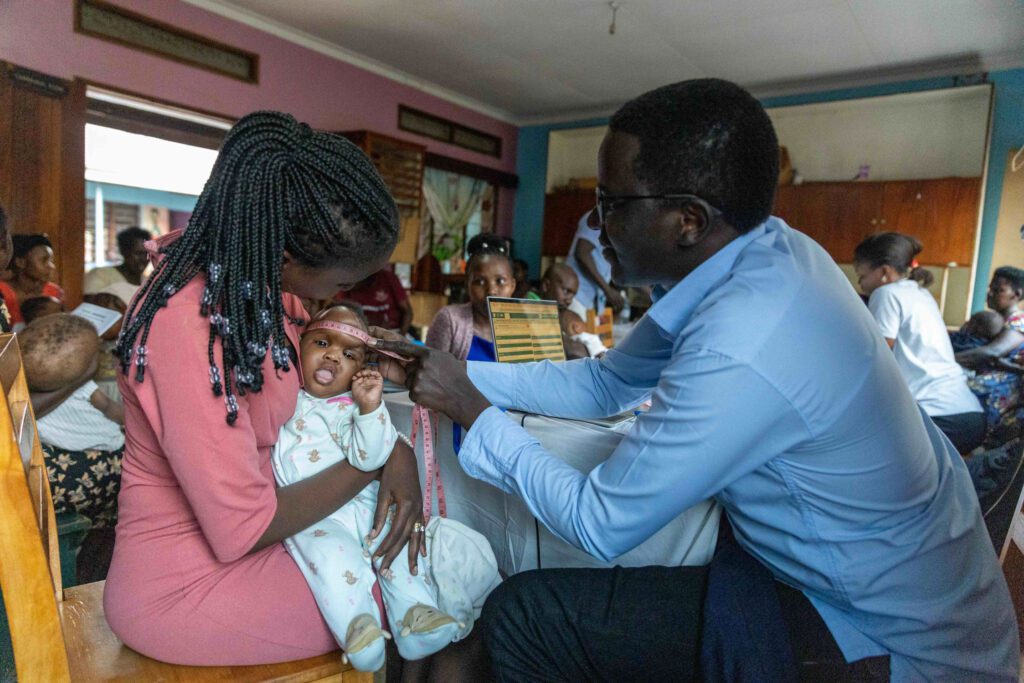
For this family, Miracle is not just a name—it is a testimony. A child once deemed impossible to live is now a beacon of hope, proving that faith and modern medicine together can work wonders.
Be the Miracle in Someone’s Story
Every day, children like Miracle are born with life-threatening conditions that many believe are untreatable. But at CURE, faith meets world-class neurosurgical care—and hope is restored.
Miracle’s life was saved because her parents chose courage over fear and were met with compassion, expertise, and prayer at CURE. Her story isn’t just about survival—it’s about a community that believes every child deserves a chance to live, laugh, and thrive.
Whether through giving, praying, or spreading the word, your support brings healing to children who are often forgotten. Donate today.
About the CURE Children’s Hospital of Uganda
CURE Children’s Hospital of Uganda has been a place of hope since opening its doors in 2001. It is one of Africa’s leading pediatric hospitals for brain surgery and the treatment of neurological conditions. Our teaching hospital has an 18-bed Intensive Care Unit and 59 ward beds, three operating rooms, and an outpatient clinic. In addition to world-class medical care, our team ministers to the emotional and spiritual needs of our patients and their communities.
